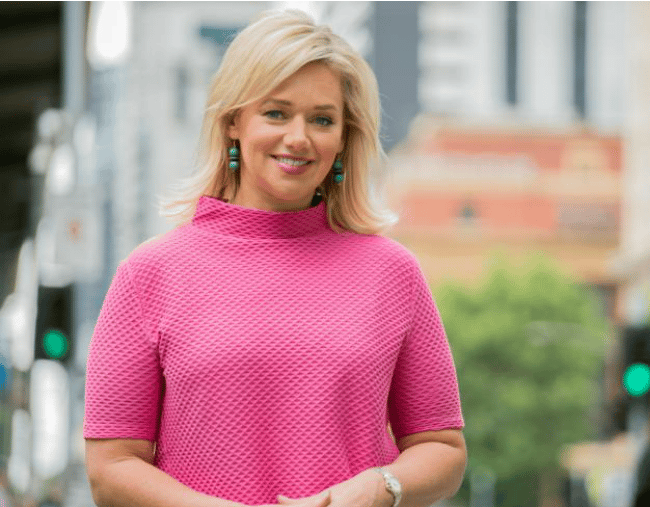
“I think I want to be a psychologist, but I don’t want to listen to people’s problems all day!”
According to my mum, these were the seemingly contradictory words I uttered as a 17-year-old, nearing the completion of Year 12, and contemplating life outside of the school gates. Fast-forward 30 years and I am indeed a psychologist, but like many of us, my career path has been far from linear.
While my teenage musings may appear contrary to the typical expectations we have of the ‘helping’ profession, I realise now, that even at age 17, I was tapping into my values and strengths, potent ingredients in the recipe for career fulfilment and vocational success. My gut wanted to work with people’s strengths, and my belief system knew that with a positive and supportive approach, we all have the capacity to live better lives. However, in the 80s, the positive psychology movement was unheard of, and the psychological profession was generally more aligned with the traditional medical model, where the focus was on a client’s struggles, what wasn’t working, and what need to be “fixed”.
Watch: Kerri-Anne Kennerly shares her best career advice. (Post continues after video.)




























































































